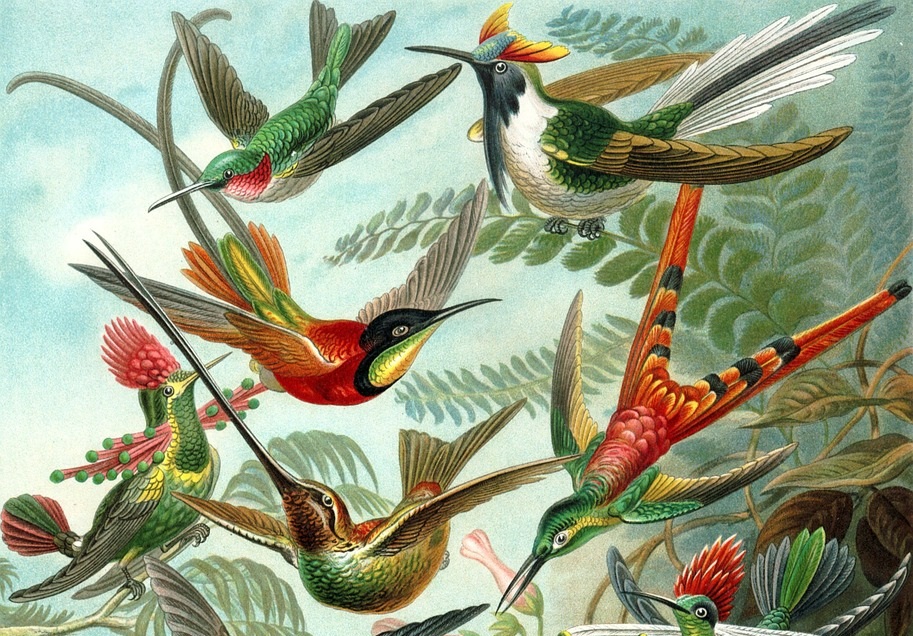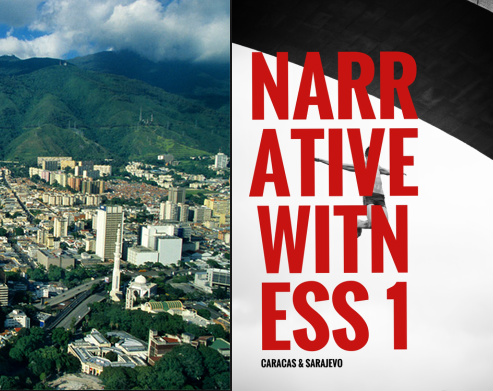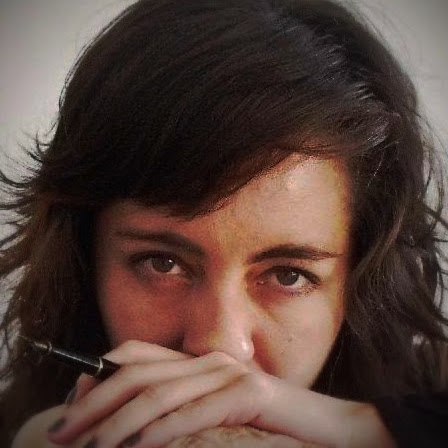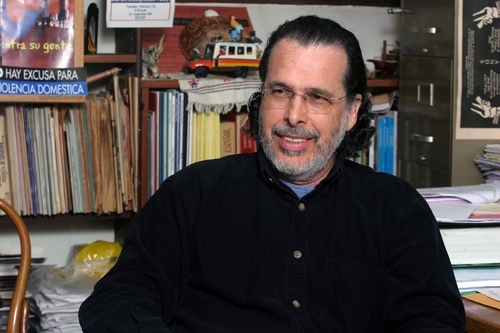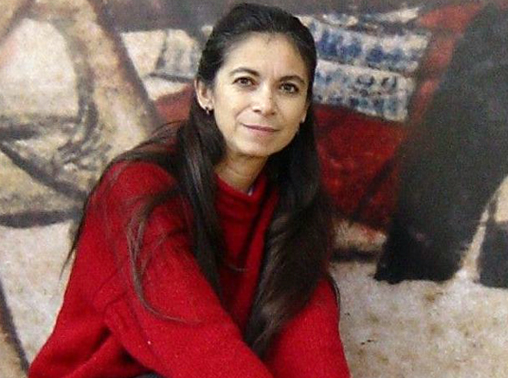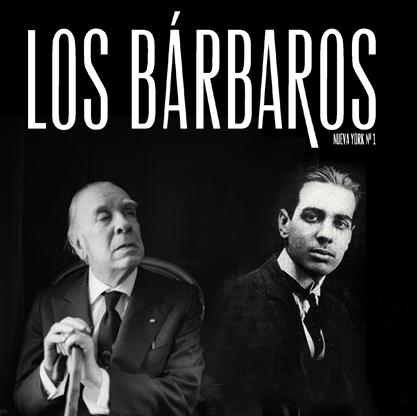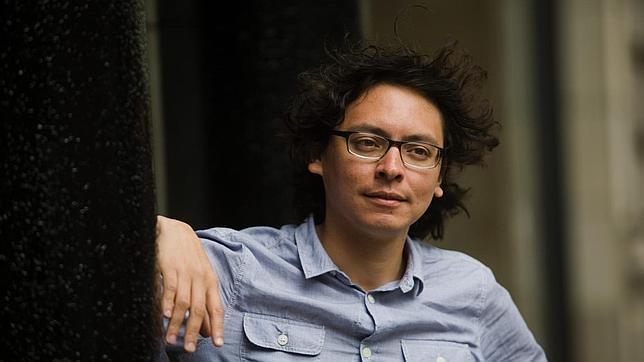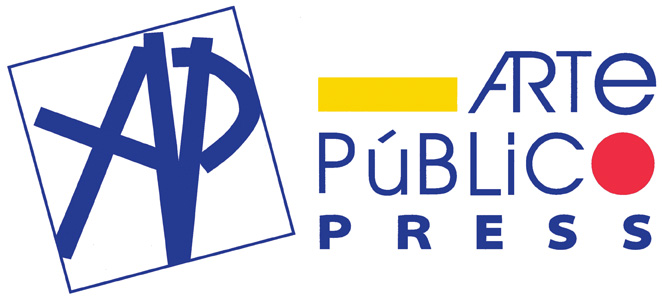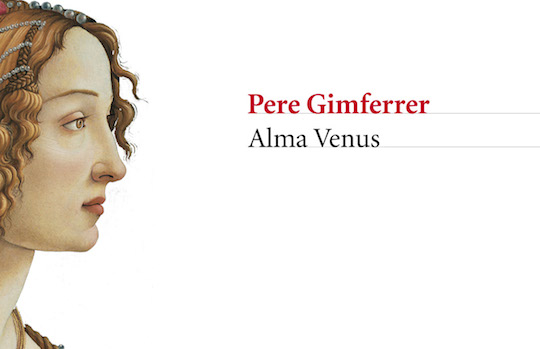Scroll down to read the interview in Spanish.
How did you become interested in translation?
When I was sixteen or seventeen years old, I was in my last year of high school, and our German teacher—a man named Herbert Wöhlers, who was my German teacher for six years, and one of the most amazing teachers I had (now he lives in Heidelberg)—had us read and translate a Rilke poem. I found myself reading, interpreting, deciphering, re-writing, and I was fascinated, it made me happy. Especially because it was poetry, already my favorite kind of writing. I haven’t translated Rilke again, and I’ve almost never translated from German since, but it doesn’t matter. That drive to translate had been built into my writing and my reading.
You’ve done a lot of work with the poetry of Alfredo Gangotena, who lived in France and wrote in French. Did those things complicate his relationship with Ecuadorian society? Do you think that translations of his work into Spanish have been important for that reason?
Yes, of course, writing in French and then coming to the Andes poses a problem. What sense does it make for an afrancesado poet to come back to Quito and keep writing in French? It felt like a slap in the face to the “well-to-do” members of the Ecuadorian cultural circles. Benjamín Carrión referred indirectly to the afrancesados as decadent, prisoners of complacency. He even suggested that francophiles and effeminates were dangerously close to each other.
Gangotena was out of place in that sense. When he died, a close friend of the poet, Riofrío, announced that his work would be translated… but the emerging translation project only came into being in the hands of other poet translators, Gonzalo Escudero and Filoteo Samaniego, in 1956, twelve years after Gangotena’s death.
It’s very important that we have wanted to keep translating Gangotena. Without translation there’s no revision, or culture, or the option of doubting the official versions of history and literature. Today, I wonder how it is that standard image of the hard, masculine, and committed intellectual excludes other figures, like that of Alfredo Gangotena. For that reason, translating his poetry also requires us to question our own ideas about Ecuadorian culture, ideas that require us to perform our nationality and our intellectual lives in the prescribed way. Gangotena, to a great extent, resisted that obligation.
READ MORE…

